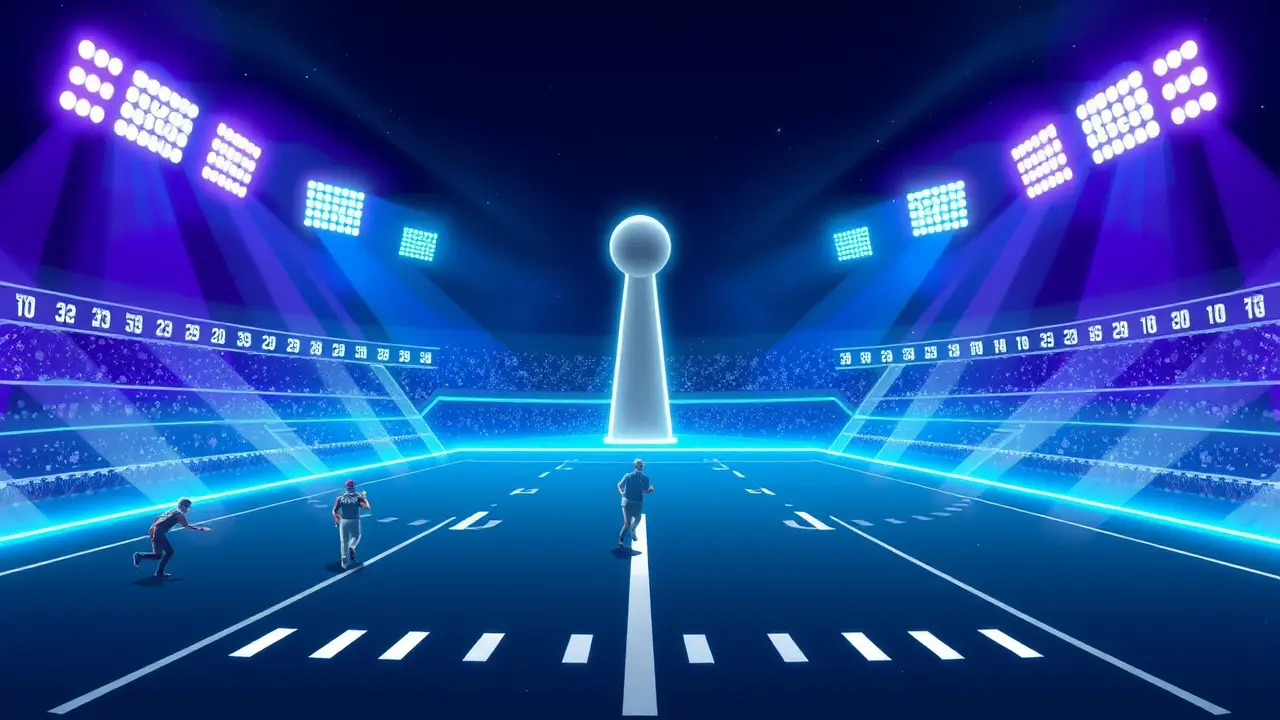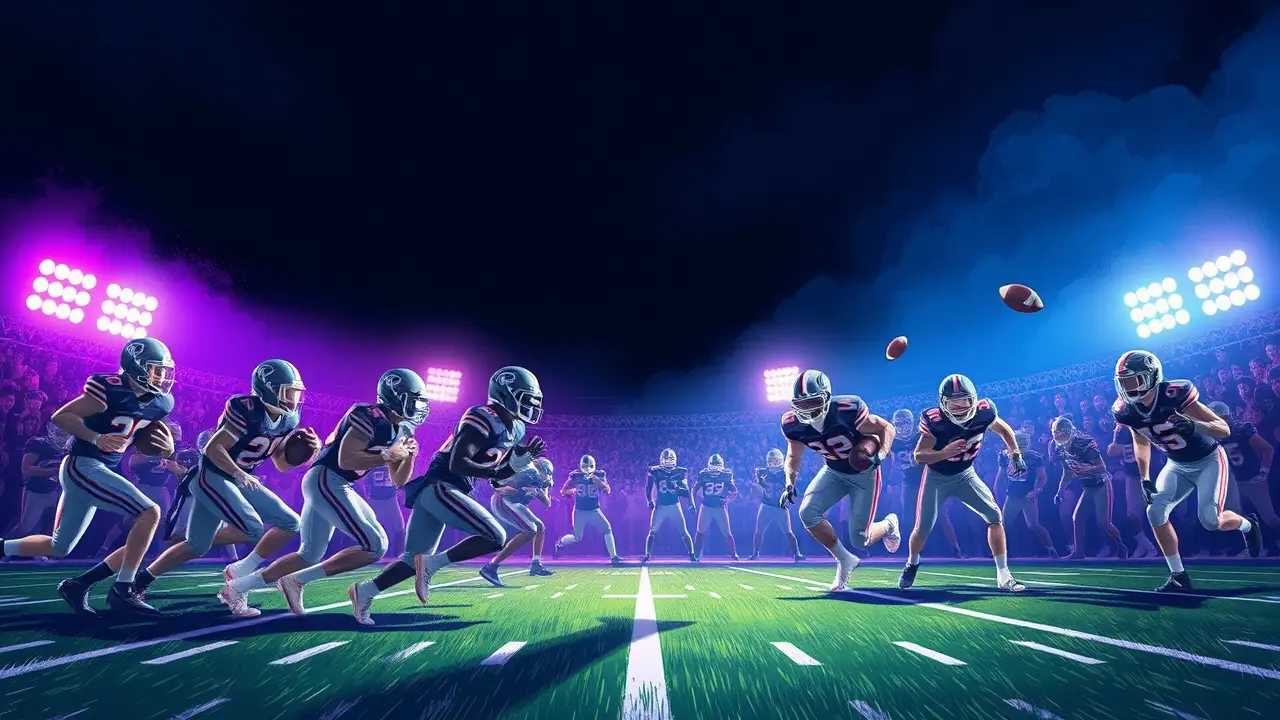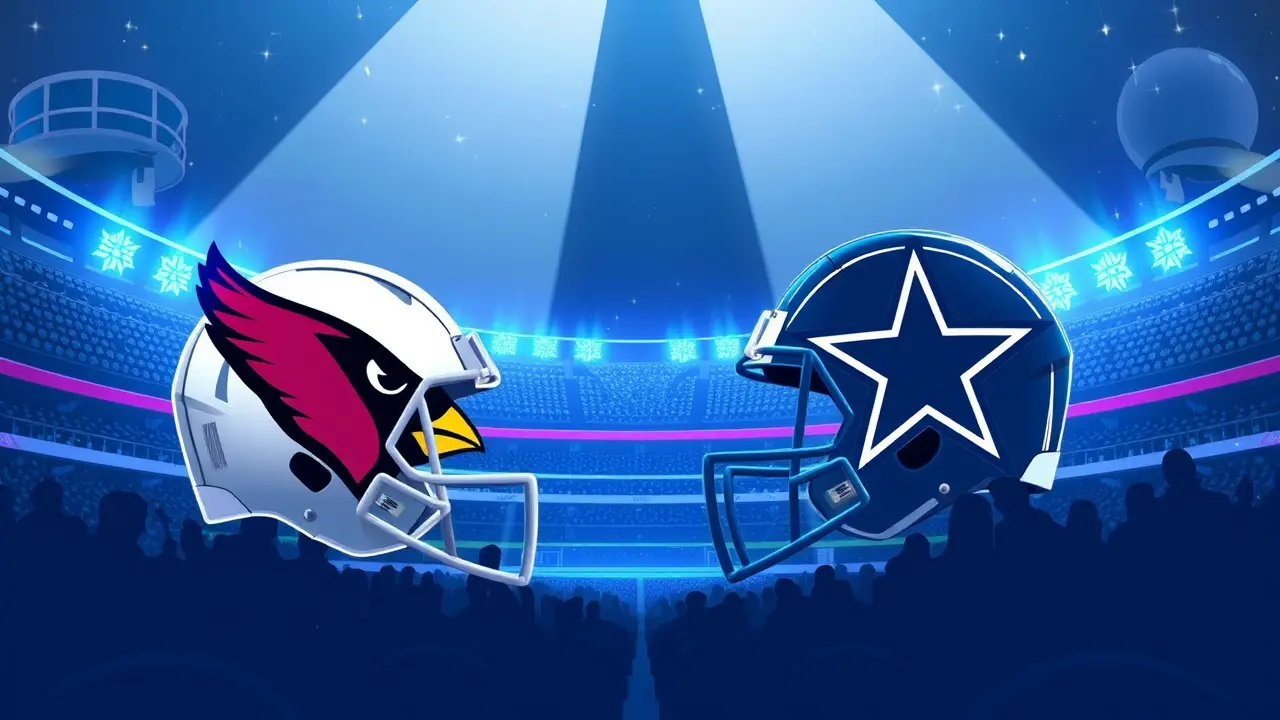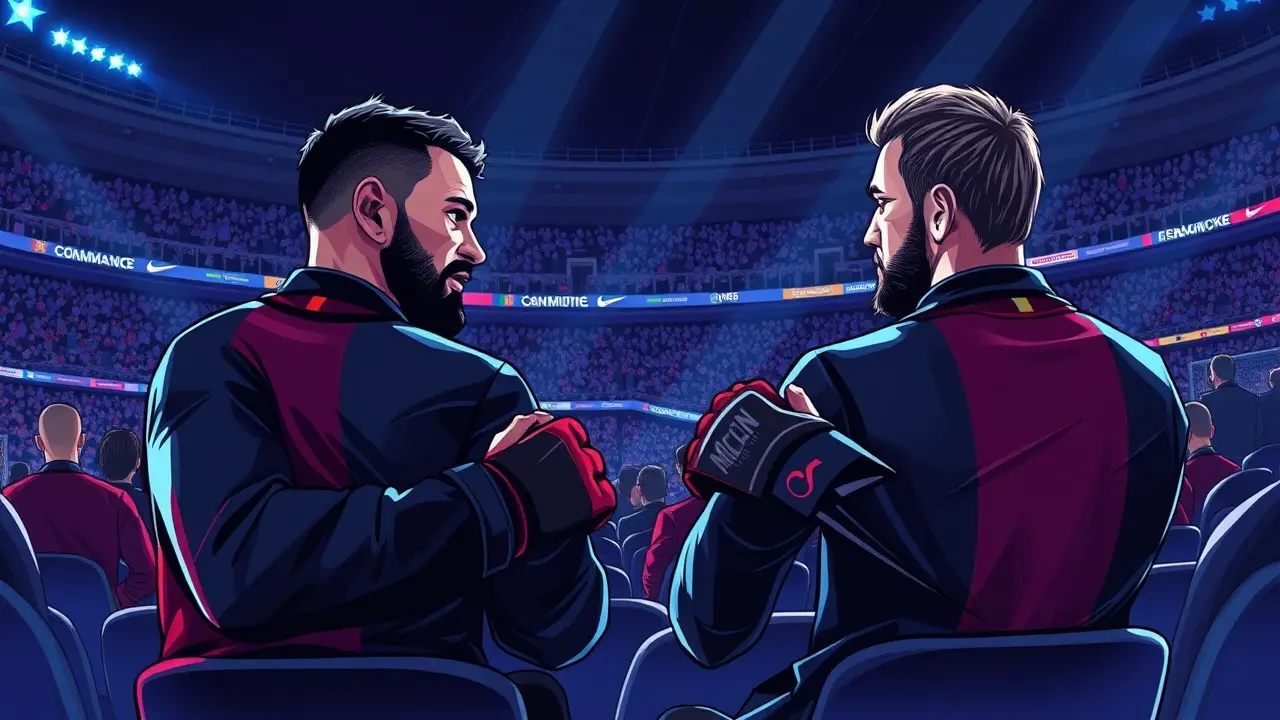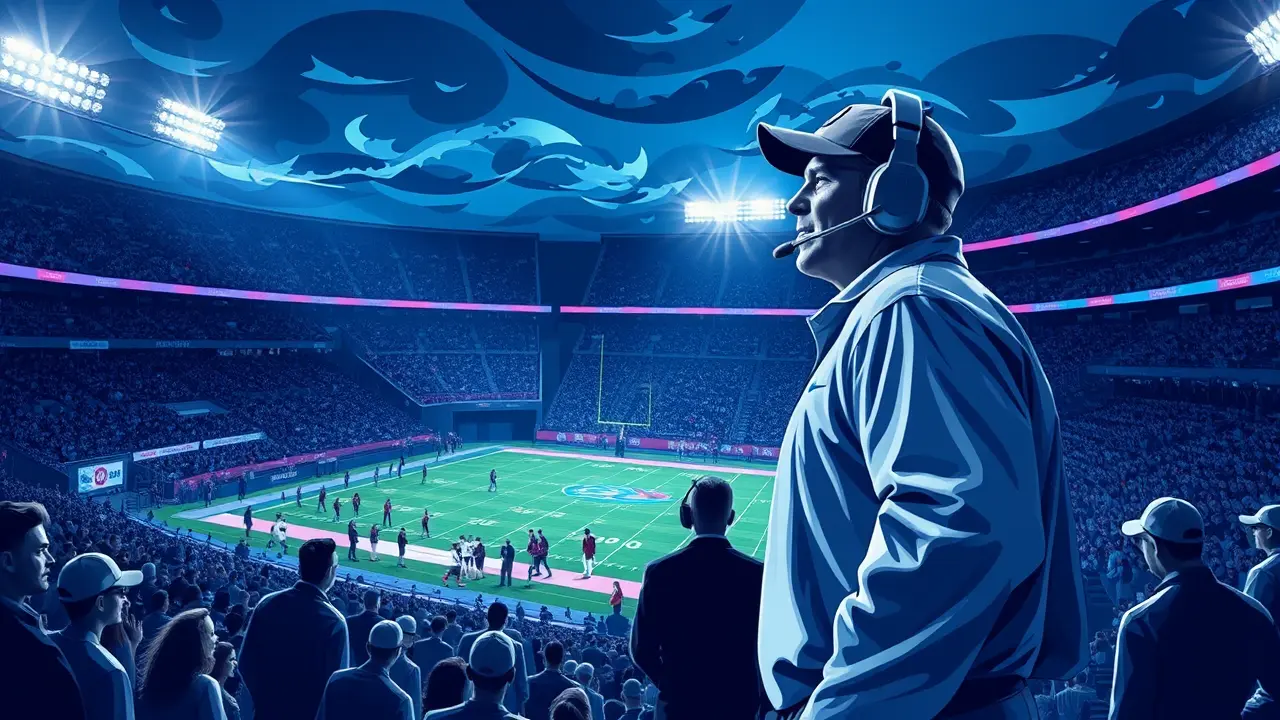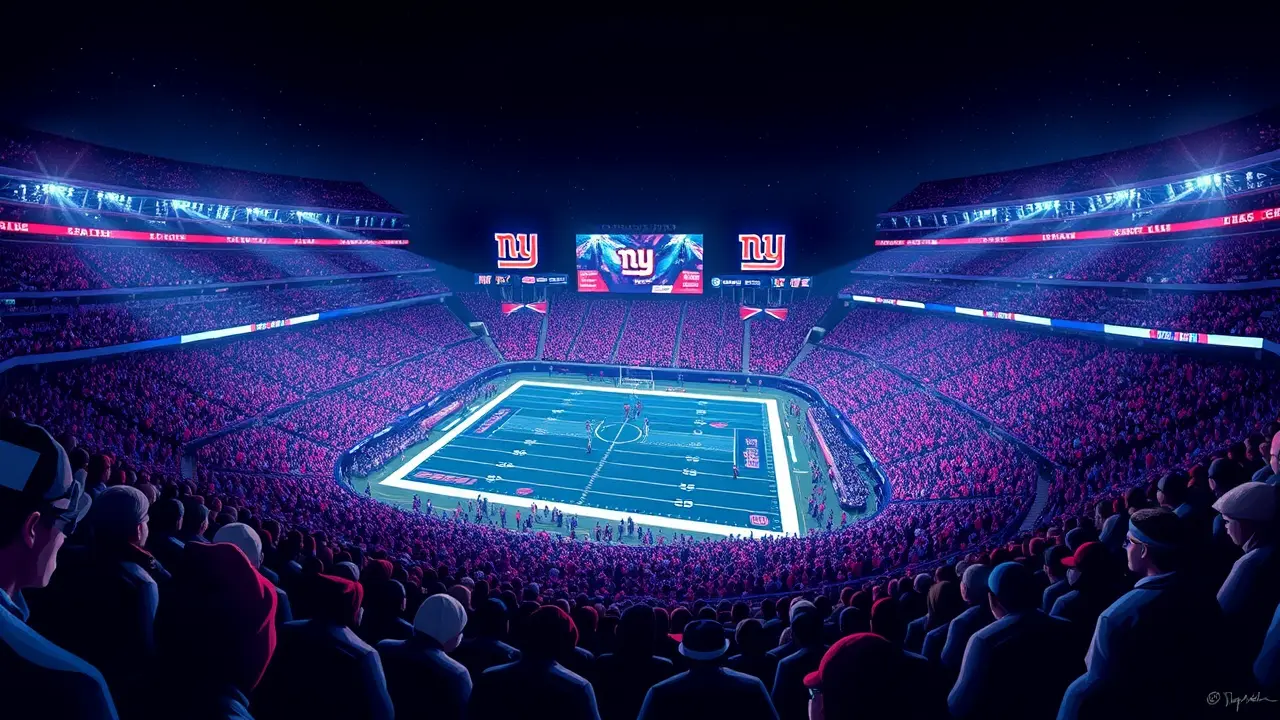
SportfootballInjuries and Suspensions
New York Giants had to switch to silent count at home vs. San Francisco 49ers
JA
Jack Turner
20 hours ago7 min read6 comments
The New York Giants' humiliating 34-24 loss to the San Francisco 49ers at MetLife Stadium on Sunday was a tactical defeat on the field, but the real story unfolded in the stands, a stunning strategic failure in the battle for home-field advantage that would have been unthinkable in the eras of Phil Simms or even Eli Manning. For the Giants, a franchise synonymous with blue-collar Northeastern grit, to be forced into using a silent count on offense in their own building because of the deafening roar from traveling 49ers fans is a statistical anomaly with the disruptive impact of a Lawrence Taylor blindside hit, a fundamental breakdown of the home-field contract between a team and its city.This wasn't just a bad day at the office; it was a data point in a larger, more troubling trend for traditional NFL powerhouses, a vivid demonstration of how modern fandom, powered by digital ticket markets and organized travel logistics, is eroding the very foundations of territorial dominance. The scene was surreal, a tableau of red jerseys outshouting and outlasting the home blue, reminiscent not of a New York football Sunday but of a neutral-site college bowl game, where the Giants' offense, led by quarterback Jaxson Dart who admitted he'd 'never played at a home game where I felt like it was kind of lopsided in that department,' operated in a hostile auditory environment typically reserved for venues like Seattle's Lumen Field or Kansas City's Arrowhead Stadium.This phenomenon, where the 49ers faithful effectively turned the Giants' home into a de facto road game, mirrors their recent invasion of SoFi Stadium against the Rams, suggesting a meticulously organized and highly motivated fan base that operates with the precision of a West Coast offensive scheme, leveraging fan clubs, bulk ticket purchases, and streamlined travel packages to colonize opposing territories. Years ago, such a mass migration was logistically prohibitive and financially crippling, a venture reserved for the most dedicated few, but the secondary ticket market has democratized access, while social media has centralized coordination, allowing groups like the 49ers' faithful to execute these takeovers with military efficiency.The consequences extend far beyond the immediate embarrassment of a silent count; they strike at the financial heart of the franchise, as the resale of season tickets by disgruntled or opportunistic home fans directly funds the opposition's travel, creating a vicious cycle that weakens home-field advantage, a metric long correlated with win probability. For the Giants, mired in a three-game losing streak, this environment robs them of the emotional catalyst that can spark a comeback, the tangible support that can buoy a struggling defense on a critical third down; instead, they faced a wall of noise on pivotal possessions, a psychological disadvantage that can be as demoralizing as a pick-six.Analytically, this demands a reevaluation of what 'home field' means in the 2020s; it's no longer a guaranteed +2. 5 to +3.5 point advantage but a variable that must be earned through sustained performance and fan engagement, lest your stadium become a destination for the league's most voracious traveling circuses. The post-game exodus of Giants fans, fleeing to beat the traffic while the 49ers' supporters remained to celebrate, was the final, symbolic act of surrender, a visual representation of a shifting balance of power where loyalty is no longer bound by zip code but is a portable, digital asset, and the New York Football Giants, for one chilling afternoon, became strangers in their own land.
#featured
#New York Giants
#San Francisco 49ers
#NFL
#home game
#silent count
#fan travel
#ticket market
Stay Informed. Act Smarter.
Get weekly highlights, major headlines, and expert insights — then put your knowledge to work in our live prediction markets.
Related News
© 2025 Outpoll Service LTD. All rights reserved.
